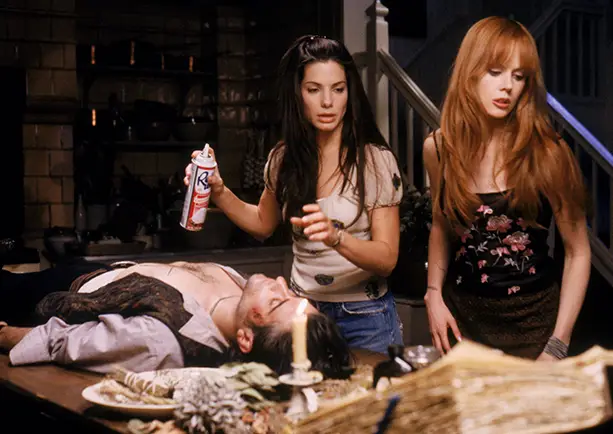As I thought about different topics for this copy of my column, I started pondering issues discussed in my classes. Specifically, I thought about one from my Gender and Social Change class, where we discussed societal change and issues facing us today. Then I thought about one of the largest problems in our country right now: the politicization of healthcare and the limited access many people have to it. While your mind might immediately go to abortion and maternal care, this is not just about that–it highlights a systemic divide among classes that regulate who has access to quality healthcare.
Healthcare in this country is not free, and it’s usually granted by one’s employer. Due to this, if you have to miss work for a medical emergency, you risk being fired and losing your insurance coverage. Furthermore, the healthcare system struggles with quality. Even when the care is mediocre, we are required to pay simply because care was provided. This is not the way it should be. United States medical patients spend more on medical care than most other countries. According to Vox, the healthcare system drives 17.7 percent of the U.S. economy, but Americans visit doctors less than other countries. One reason accounting for this high cost of healthcare is the expensive rate at which prescription drugs are sold. While other countries regulate drug prices, our government lets manufacturers set prices.
Another example of the politicization of the healthcare system is powerful lobbying groups representing insurance providers, pharmaceutical companies and other stakeholders. The problem isn’t them lobbying but when they use money to bribe officials, a common practice in politics. For example, in 2005 Randy Cunnigham, a representative of California, pleaded guilty to taking at least 2 million dollars in bribes. More famously the Jack Abramoff scandal concerning lobbyists who drastically overcharged native americans while building on tribal land. As political lobbyists, this group worked with many people in congress thus implicating them in these schemes. Projects like these hinder the democratic system of our government and break the ethical code of the healthcare system.
The problems of public health have become more apparent after the pandemic. While liberals supported the vaccine, republicans pushed back against it and the government’s control over their bodies. Yet again, this is an example of politicization of the healthcare system. Since the overturning of Roe v. Wade and many states enforcing abortion bans, there is even more talk about government control over people’s bodies. The fundamental issue, at its core, is older than our country. Our nation was formed on systems that supported those in power via racism, sexism, classism and homophobia. These systems have changed but have not been fundamentally altered at their core. This is true not just of the healthcare system but also of our government, the education system and the media.
There were 25.6 million people in the U.S. who were uninsured in 2023, according to the National Health Interview Survey from the National Center for Health Statistics. Though these numbers have dropped since the pandemic, there is still a health crisis in the U.S. So it’s not just about insurance coverage or a right to an abortion–it’s about systemic change to reframe how the country runs and what beliefs are upheld. Remember your privilege as you think about these issues and that this is not a small issue.







